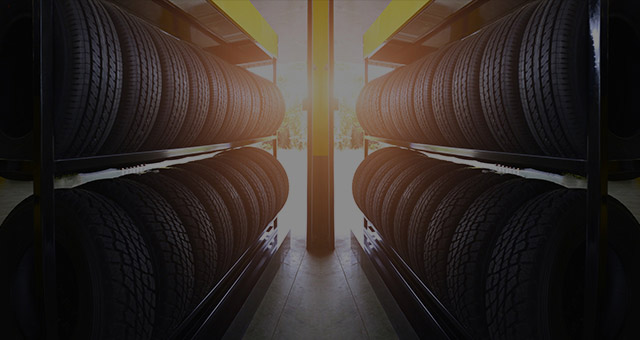Tire Solution: Comprehending Tire Stress Surveillance Systems
Comprehending Tire Pressure Monitoring Systems (TPMS) is a critical element of maintaining ideal car performance and security on the roadway. With innovations in vehicle modern technology, TPMS has become a basic function in modern-day vehicles, giving real-time information on tire stress degrees.

Importance of TPMS
The significance of Tire Stress Monitoring Solutions (TPMS) hinges on their capability to improve automobile safety and performance via real-time tracking of tire pressure levels. Maintaining the appropriate tire pressure is crucial for ensuring ideal handling, braking, and total security of an automobile. TPMS provides vehicle drivers with instant feedback on any kind of overinflated or underinflated tires, enabling prompt changes to be made.
Parts of TPMS
Sensors are usually situated in the tire valve stem or attached to the wheel setting up, where they measure tire stress and transfer information to the control module. Some progressed TPMS designs likewise show the actual tire pressure analyses for each tire, supplying motorists with real-time information to guarantee optimum tire performance and safety. By keeping an eye on tire pressure continually, TPMS helps protect against mishaps, lowers tire wear, and enhances gas performance, making it an important component for vehicle safety and efficiency. tire shop morris.
Types of TPMS

On the various other hand, indirect TPMS relies upon the lorry's wheel rate sensing units to keep track of tire stress. This system identifies underinflation by contrasting the rotational rates of the wheels. Indirect TPMS is less costly than direct TPMS, as it utilizes existing sensors within the vehicle.
While straight TPMS uses more accurate readings, indirect TPMS is less complex in layout and typically requires much less maintenance. Both systems have their benefits and constraints, and the selection between them typically depends on aspects such as price, car make, and individual choice. Recognizing the distinctions between these two types of TPMS can help vehicle owners make informed decisions concerning tire upkeep and security.
TPMS Upkeep Tips
Conduct routine checks on the tire pressure get more levels and compare them with the TPMS analyses to ensure they are regular. Throughout tire turning or substitute, make certain that the TPMS elements are dealt with meticulously to prevent any possible damages. If the TPMS advising light brightens on the control panel, address the issue without delay by examining the tire pressures and the overall system for any type of faults.
Advantages of Appropriate Tire Pressure
Preserving proper tire stress, as emphasized in TPMS Upkeep Tips, is essential for reaping the countless advantages helpful hints associated with ideal tire stress levels. Furthermore, appropriate tire stress guarantees even tire wear, expanding the life-span of the tires and promoting much safer driving conditions. In final thought, the advantages of appropriate tire stress go beyond just tire longevity; they incorporate boosted fuel efficiency, boosted security, better vehicle performance, and overall driving convenience.
Final Thought
In conclusion, comprehending tire pressure monitoring systems (TPMS) is critical for maintaining ideal tire pressure and making certain vehicle safety. By acknowledging the significance of TPMS, being acquainted with its parts, recognizing the different kinds offered, sticking to correct maintenance suggestions, and understanding the advantages of preserving appropriate tire pressure, vehicle drivers can enhance their driving experience and prolong the life-span of their tires. Appropriate tire pressure is key to risk-free and efficient automobile operation.
